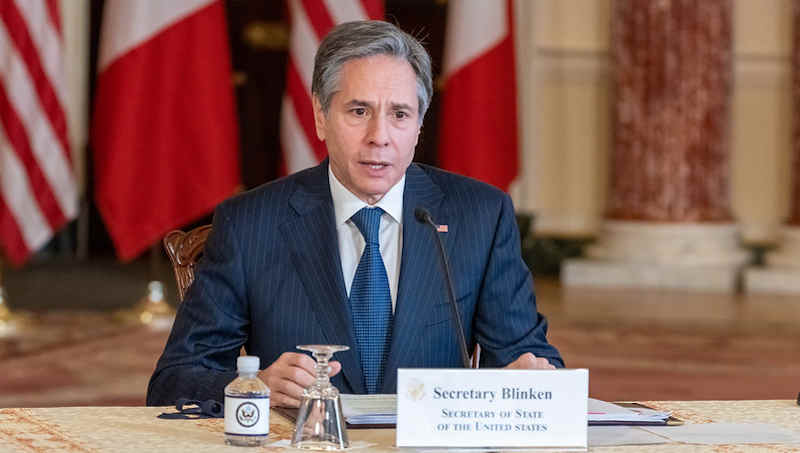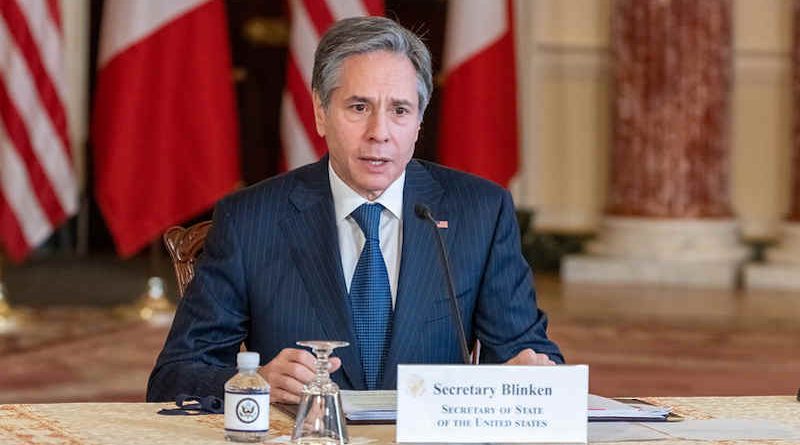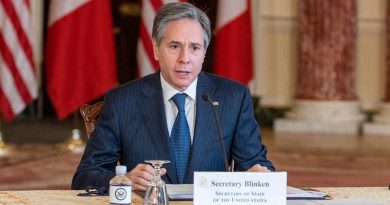How the U.S. Plans to Protect Journalists with Khashoggi Ban

The United States will continue to shine a light on any government that targets individuals, either domestically or extraterritorially, merely for exercising their human rights and fundamental freedoms.
As a mark of respect to the murdered journalist Jamal Khashoggi, the U.S. State Department has announced the “Khashoggi Ban,” which is a new visa restriction policy pursuant to section 212(a)(3)(C) of the Immigration and Nationality Act.
A critic of the Saudi Crown Prince Mohammed bin Salman, Khashoggi who wrote for The Washington Post was lured to the Saudi consulate in Istanbul in October 2018, then killed and cut into pieces. The United States has publicly accused Saudi prince of approving the murder of Khashoggi, who was a U.S. resident.
The Khashoggi Ban allows the State Department to impose visa restrictions on individuals who, acting on behalf of a foreign government, are believed to have been directly engaged in serious, extraterritorial counter-dissident activities.
The activities may include those that suppress, harass, surveil, threaten, or harm journalists, activists, or other persons perceived to be dissidents for their work, or who engage in such activities with respect to the families or other close associates of such persons. Family members of such individuals also may be subject to visa restrictions under this policy, where appropriate.
“As a matter of safety for all within our borders, perpetrators targeting perceived dissidents on behalf of any foreign government should not be permitted to reach American soil,” said the U.S. Secretary of State Antony Blinken.
The U.S. Department of State has taken action pursuant to the Khashoggi Ban to impose visa restrictions on 76 Saudi individuals believed to have been engaged in threatening dissidents overseas, including but not limited to the Khashoggi killing.
When identifying individuals for purposes of the Khashoggi Ban, the Department will also review them for designation under Section 7031(c) of the Department of State, Foreign Operations, and Related Programs Appropriations Act of 2020, as carried forward by the CA Act of 2021, which authorizes the denial of visas to them and their immediate family members as well as their public identification.
“I also have directed that the State Department fully report on any such extraterritorial activities by any government in our annual Country Reports on Human Rights Practices. The United States will continue to shine a light on any government that targets individuals, either domestically or extraterritorially, merely for exercising their human rights and fundamental freedoms,” Blinken said.
While the United States remains invested in its relationship with Saudi Arabia, President Joe Biden has made it clear that partnership must reflect U.S. values.
To that end, Blinken added, we have made it absolutely clear that extraterritorial threats and assaults by Saudi Arabia against activists, dissidents, and journalists must end; they will not be tolerated by the United States.





